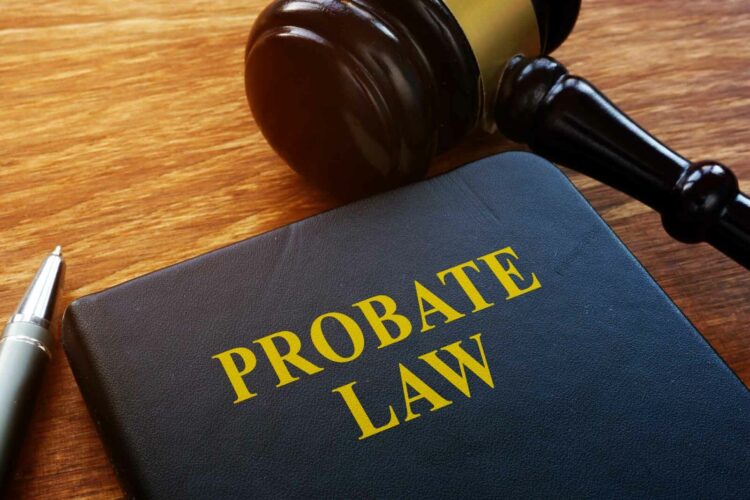Avoid Probate Using a Living Trust

Living trusts are a great way to avoid probate. Here’s what you need to know about how to avoid probate with a living trust.
Living trusts are a way to make sure that your money goes where you want it to. Most individuals wish to leave as much of their wealth to their children or other heirs as possible, and they seek to avoid paying probate attorneys. Living trusts can aid in the prevention of probate and court costs.
Probate involves:
- Inventorying and appraising the property.
- Paying debts and taxes.
- Distributing the remainder of the property according to the will.
When you set up a living trust, your surviving family members can quickly transfer your assets without going through probate. More of your belongings go to the individuals you want to inherit.
A living trust is a legal document that allows you to transfer property without the costs, delays, and hassles associated with probate court procedures. A married couple may use one essential living trust to handle their co-owned and separate assets.
Creating a Trust to Avoid Probate
You can establish a simple living trust by signing a document called a declaration of faith, similar to a will. You become the trustee of the trust and name yourself in this position. If you and your spouse set up the trust simultaneously, you will both be co-trustees.
Then you become the trustee of some or all of your property by transferring it to yourself as trustee. For example, you might sign a deed transferring your home ownership from yourself to yourself “as Jane Smith Revocable Living Trustee dated July 12, 2020.” Because you’re the trustee, you maintain complete control over the property you put in trust. You can sell, spend, give property away — do whatever you want with it. You can even revoke the entire trust at any time and take back everything in it.
In the trust document, you name the individuals or organizations from which you wish to receive your assets after you pass away. Those choices can be altered anytime, and the trust might be terminated at any moment.
We might recommend creating a backup will while creating a living trust. This will ensure that any property you don’t leave to the trust is given to the people or organizations you wish to benefit from. If you don’t make a will, your possessions will be dispersed according to your state’s requirements—usually to family members if they are closest.
Taxes and Record-keeping
After a revocable living trust is established, little record-keeping is needed daily. When you transfer real estate to or from the trust, always double-check that all of the paperwork is in order.
EXAMPLE: Bill & Mary Smith put their home in a living trust to avoid probate, but they later decide to sell it. Bill and Mary then sign their names as trustees of the Mary and Bill Smith Revocable Living Trust in the real estate contract and the deed transferring ownership to the new owners.
If you’re both the grantor and trustee of a living trust, no separate income tax records or returns are required. (IRS Reg. § 1.671-4.) You must report income from a property in the living trust on your income tax return; you don’t have to submit a separate tax return for the trust.
After Your Death
When you pass away, the individual you named in the trust document to take over—known as the successor trustee—transfers ownership of your trust assets to the people you want them delivered to. In most cases, a few weeks with some easy paperwork are sufficient for the successor trustee to handle it all. There is no need for a probate court.
Avoid Probate w/ a Revocable Living Trust
A living trust was created to allow individuals to avoid probate. The benefit of keeping your valuable belongings in a trust after you pass away is that the property is not included in your probate estate. (However, it is considered part of your estate for federal estate tax purposes.)
Because a trustee owns the trust property, not you as an individual, it makes no difference whether or not you want to be considered alive. You choose in your trust document, similar to a will, who you want to inherit the assets. The trustee may easily and quickly transfer the trust assets to the people or friends you designated after your death.
Pay-on-Death Accounts and Registrations
You may change your bank accounts and retirement accounts to payable-on-death. You accomplish this by completing a simple form, which includes the name of a beneficiary. The money will be sent directly to your beneficiary without going through probate when you pass away in most states. Most states also now allow transfer-on-death real estate deeds, which
Avoid Probate With Transfer-on-Death Accounts and Registrations discusses these types of accounts, registrations, and deeds in further detail.
Do you have a particularly “small” estate and think you may not even need a living trust? Read this resource from Nolo before you decide.
